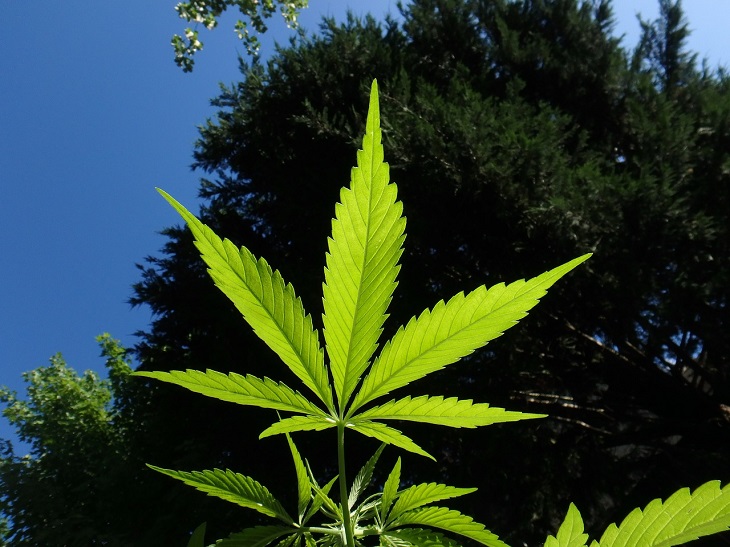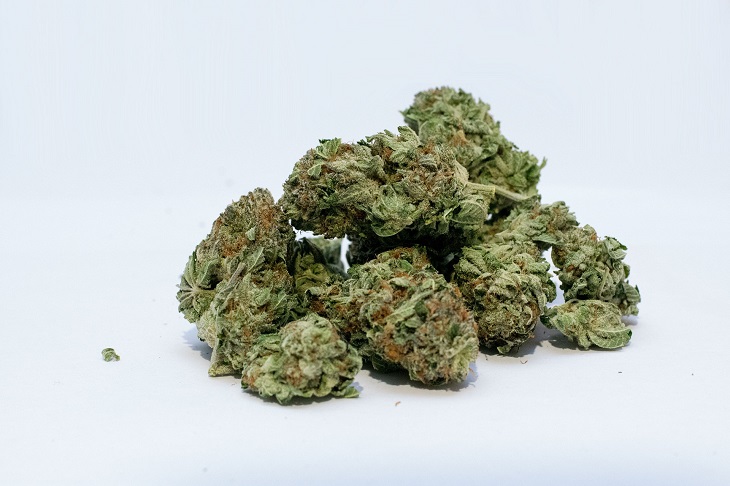Marijuana was legalized in five more states on Election Day in November 2020. New Jersey, Arizona, and Montana all voted to legalize recreational marijuana, while South Dakota legalized medical and recreational marijuana and Mississippi voted to legalize medical marijuana.
These votes are another leap forward in the medical marijuana revolution that has been sweeping the country over the past decade. With so many states now voting in favor of medical and recreational marijuana legalization, surely it is only a matter of time before marijuana – of the medical variety, at least – becomes legal at the federal level. It seems more and more clear that the federal ban on marijuana is out of step with public opinion.
But it is still difficult to know what will happen next and what the timeline will be. It seems like the tide is only moving in one direction – but how long will it take for MMJ to become legal nationwide and on the federal level? What does the 2020 election mean for medical marijuana? Will these positive 2020 marijuana legalization ballots lead to federal legalization? Will marijuana be legalized in 2021? Which presidential candidate supports legalization? And what are Joe Biden’s marijuana policies?

What Does The 2020 Election Mean For Medical Marijuana?
Overall, the 2020 election results were very positive for medical marijuana patients and the MMJ industry. The COVID pandemic has hit many state economies hard, and there is a recognition that legal marijuana, whether medical or recreational, is a big money-maker. The election has shown, through the passing of all marijuana legalization bills (and the support for Joe Biden, who is MMJ-friendly), that there is huge support for MMJ legalization.
2020 Marijuana Legalization Ballot
The 2020 marijuana legalization ballots were a big step in the direction of nationwide legalization. With all five marijuana legalization ballots being passed, there are now 15 states in which recreational marijuana is legal. Medical marijuana is now legal in all states except three.
Will Marijuana Be Legalized In 2021?
Despite the ever-increasing amount of legal marijuana states, and the legalization trend only moving in one direction, it seems unlikely that marijuana will be fully legalized in 2021. Both presidential candidates support states’ rights to choose, and with three states still holding out on legalizing MMJ, it seems unlikely that the federal government will legalize in the near future.
With recreational marijuana still only legal in 15 states, it is highly unlikely that the federal government will legalize recreational marijuana potentially against the wishes of a large number of states.
Which Presidential Candidate Supports Legalization?
Both of the main presidential candidates in the 2020 election supported states’ rights to choose whether marijuana is legal or not, to what extent, and in what form.
Joe Biden Marijuana Policies
Joe Biden is in favor of medical marijuana legalization and allowing states to set their own MMJ policies. He has stated his support for modest federal marijuana policy reform, for marijuana decriminalization, and for expungements for people with marijuana convictions. However, he does not support full federal legalization of recreational marijuana.

Medical Marijuana Card Advantages
Even in states in which recreational marijuana is legal, it is still an advantage to have a medical marijuana card. An MMJ card means that you get priority in times of shortage. Medical marijuana can also be priced more cheaply than recreational varieties, and possession limits can be higher for medical marijuana patients.
What Are the Qualifying Conditions For A Medical Marijuana Card?
The qualifying conditions for a medical marijuana card vary state by state. Some states are very liberal. In Oklahoma, for example, there is no list of official qualifying conditions. An OK MMJ doctor can prescribe MMJ for any condition that they believe would be improved by MMJ treatment. Most other states are not so liberal, however.
The following conditions will qualify you for an MMJ card in most states:
- Alzheimer’s disease
- Cachexia
- Cancer
- Chemotherapy-induced anorexia
- Chronic pain
- Chronic pancreatitis
- Crohn’s disease
- Elevated intraocular pressure
- Epilepsy
- Glaucoma
- Hepatitis C
- HIV/AIDS
- Lupus
- Moderate to severe vomiting
- Multiple Sclerosis
- Muscular Dystrophy
- Nausea
- Parkinson’s disease
- Persistent muscle spasms
- Post-Traumatic Stress Disorder
- Seizures
- Severe pain
- Spinal cord injury or disease
- Traumatic brain injury
- Wasting syndrome
How To Get A Medical Marijuana Card
The best way to get a medical marijuana card is to arrange an online consultation with an MMJ doctor through MMJRecs. MMJRecs will arrange a face-to-face video consultation with an MMJ doctor in your state who will verify that you qualify for MMJ treatment. You will then be emailed an MMJ letter, which you can submit to your local MMJ authorities.
Featured image by Matthew T Rader on Unsplash
